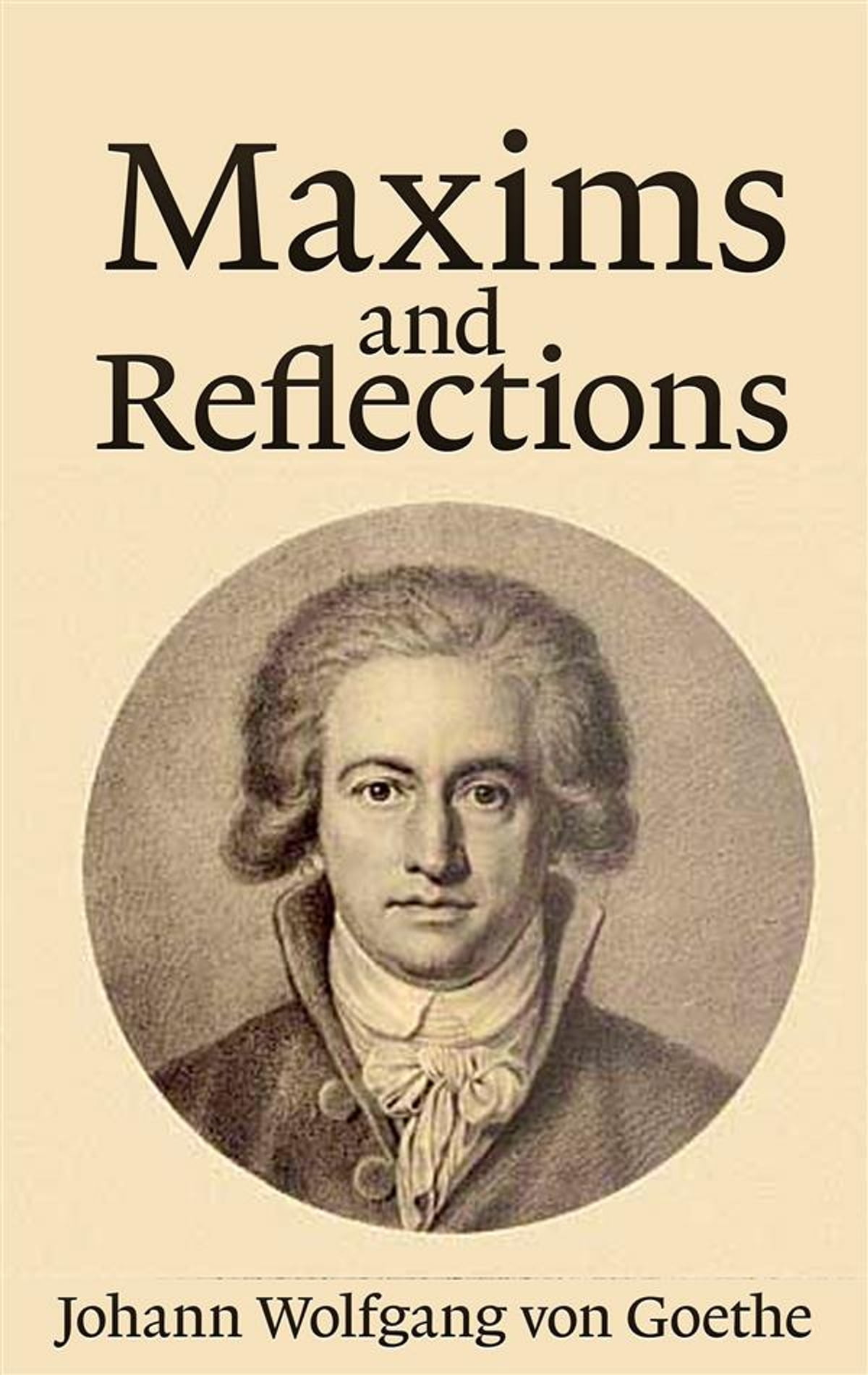Newly released
This book is new and will be uploaded as soon as it becomes available to us and if we secure the necessary publishing rights.

Maxims and reflections
(0)
Author:
Johann Wolfgang GoetheNumber Of Reads:
234
Language:
English
Category:
literatureSection:
Pages:
256
Quality:
excellent
Views:
1483
Quate
Review
Save
Share
Book Description
Goethe was probably the last true ‘Renaissance Man’. Although employed as a Privy Councillor at the Duke of Weimar’s court, where he helped oversee major mining, road-building and irrigation projects, he also painted, directed plays, carried out research in anatomy, botany and optics — and still found time to produce masterpieces in every literary genre. His 1,413 maxims and reflections reveal not only some of his deepest thought on art, ethics, literature and natural science, but also his immediate reactions to books, chance encounters or his administrative work. With a freshness and immediacy which vividly conjure up Goethe the man, they make an ideal introduction to one of the greatest of European writers.
Johann Wolfgang Goethe
Goethe: A famous German writer, novelist, storyteller and poet, who has made a great contribution to world literature, especially German. Johann Wolfgang Goethe was born in March 1749 in the city of Frankfurt on the River Main, to a firm, well-off father, who obliged him to learn Latin, Italian, Greek, Hebrew, French, English, some music and painting, in addition to some natural sciences, such as the University of Physics, who sent him to the University of Physics. However, he inclined to the study of literature and began writing poems and dramatic plays, and besides literature he was interested in natural history and medicine. In 1768, Goethe returned to Frankfurt, and his father became angry with him and sent him to the University of Strasbourg, where he obtained a law degree, in which he followed the famous German writer Herder. The Supreme Court, followed the senior judges and got acquainted with some of the men of power. In 1774, Goethe became acquainted with Duke Karl August, governor of the province of Weimar, and this friendship strengthened until the Duke gave him one of the most prestigious positions in the province, in addition to appointing him a member of the Supreme Council of the province, and deducted a salary and a house for him. Goethe traveled to Italy in 1786 and stayed there for about a year and a half. He himself considered this trip a turning point in his life. Where his personality was influenced by Italian art and literature, in which he wrote the plays "Iphigenia", "Egmont" and "Tasso". Goethe was influenced by Arabic literature since his youth; At the age of twenty-three he composed a poem in praise of the Prophet “Muhammad”, and his relationship with Eastern, Persian and Arabic literature was strengthened by him, especially after the age of sixty. Where he studied the poetry of "Hafez al-Shirazi" as a translator, and was acquainted with the customs and history of the East, with the help of some orientalists, because he was not fluent in Arabic. Goethe has many books, the most famous of which are: “The Sorrows of Werther”, “Faust”, “The Eastern Divan of the Western Author”, “Selected Genealogy”, “Tasso”, and “The Lover’s Caprice”. Goethe died at his home in Weimar in 1832.
Book Currently Unavailable
This book is currently unavailable for publication. We obtained it under a Creative Commons license, but the author or publisher has not granted permission to publish it.
Rate Now
5 Stars
4 Stars
3 Stars
2 Stars
1 Stars
Quotes
Top Rated
Latest
Quate
Be the first to leave a quote and earn 10 points
instead of 3
Comments
Be the first to leave a comment and earn 5 points
instead of 3